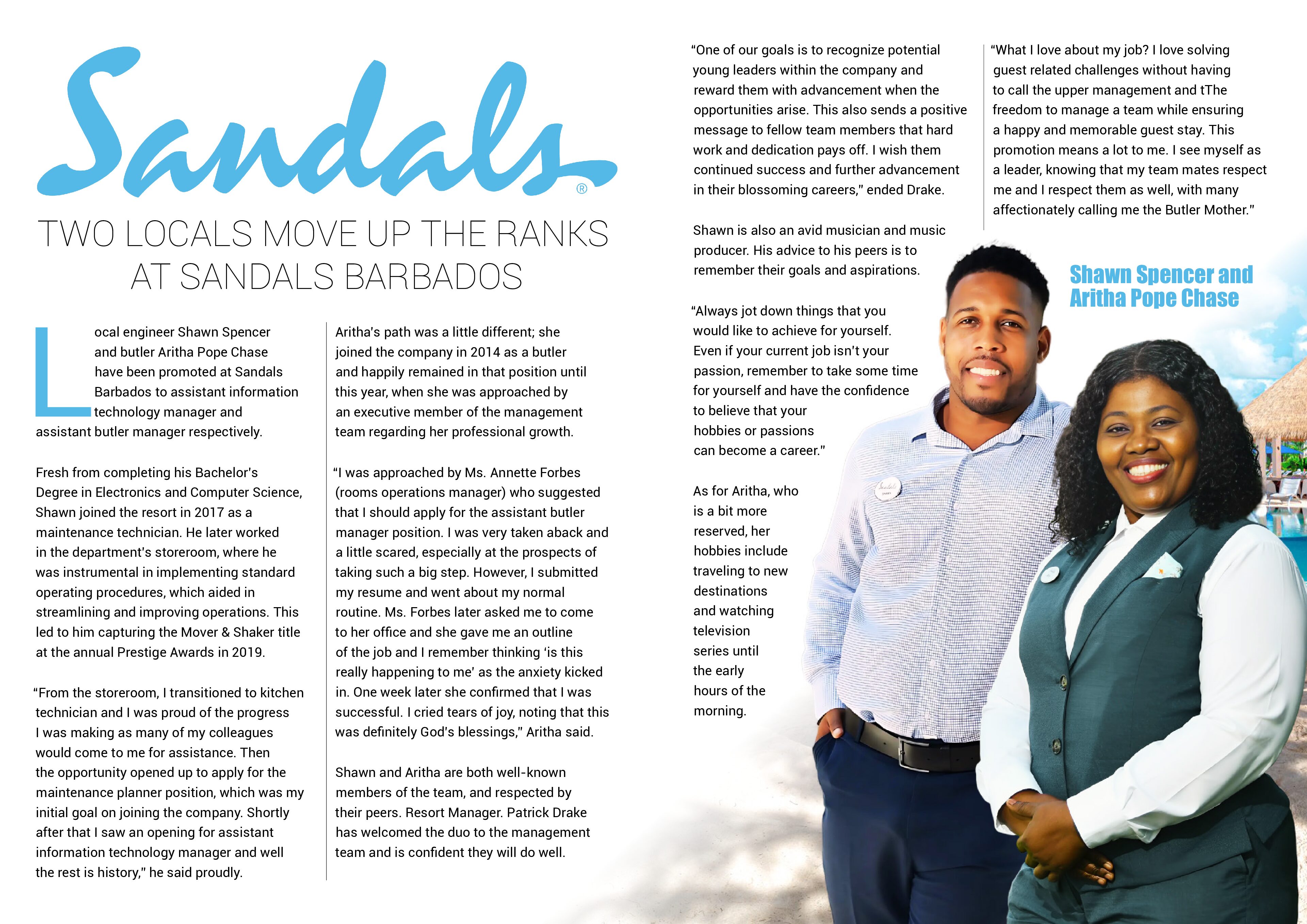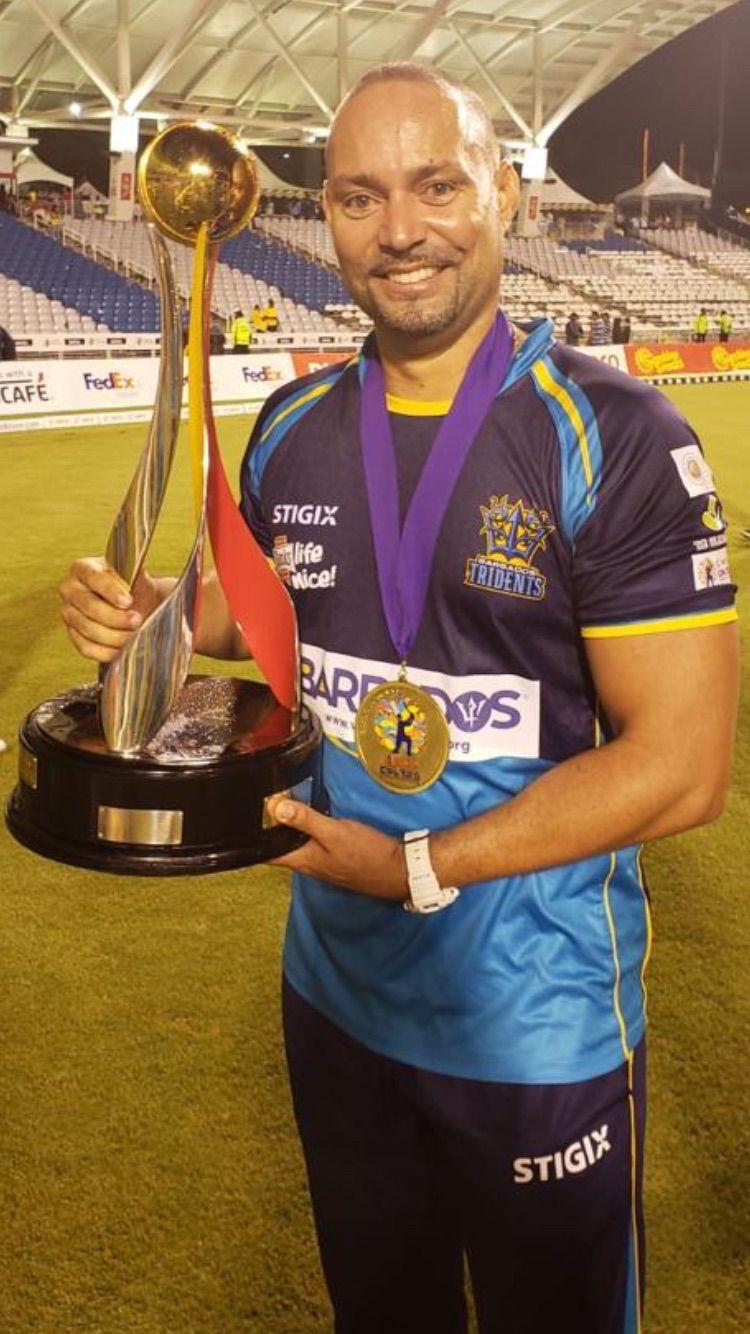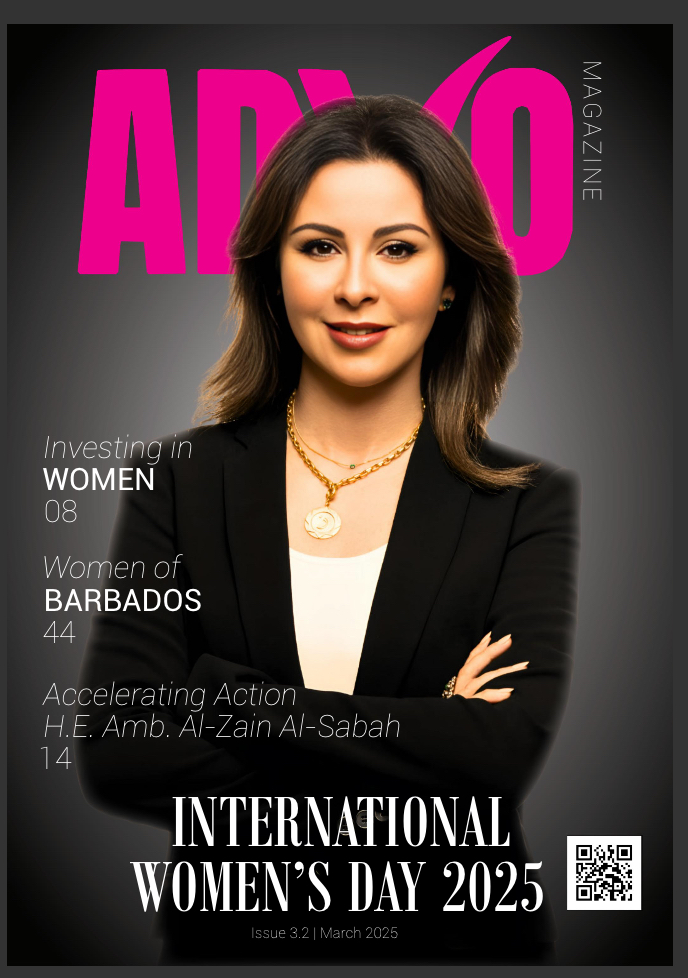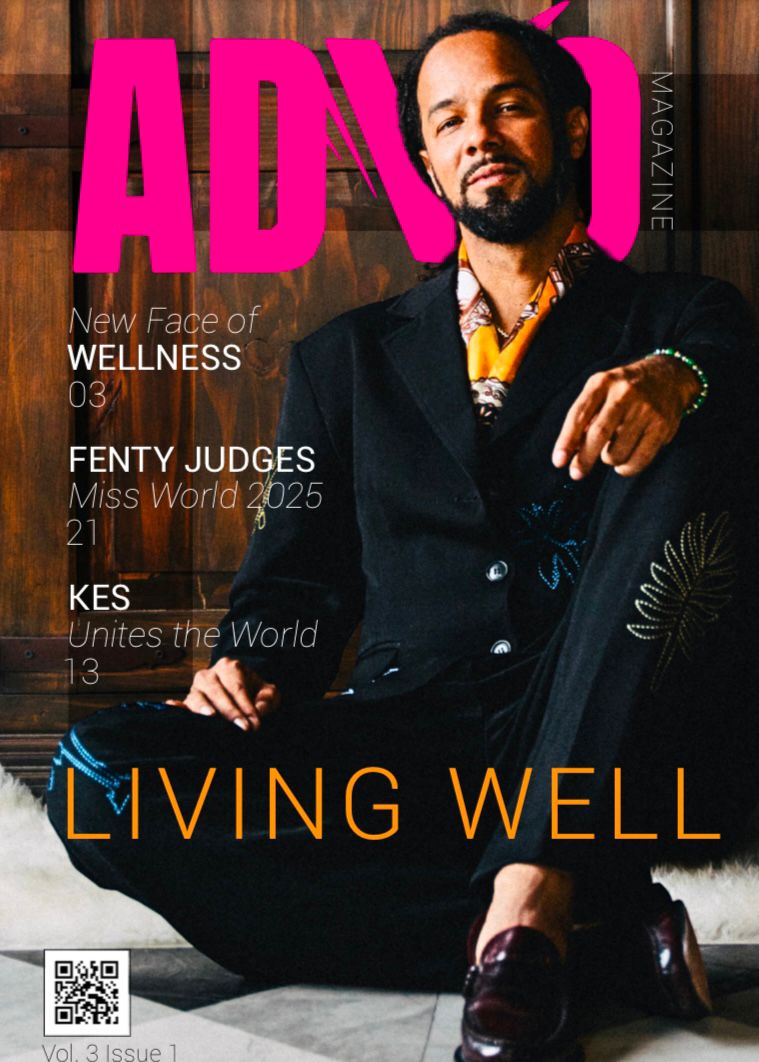Article by David Harris
Dominic Hill has an impressive record as a sportsman, coach and administrator, he played hockey for Barbados and captained the junior and senior national teams.
Hill played over 50 matches for Barbados; and after he stopped playing the game, Hill coached the national team at several regional and international tournaments.
He managed the now defunct Barbados Tridents in the Caribbean Premier League (CPL) for two years and was the manager of the team that won the tournament in 2019; he served as a member of the marketing committee of the Barbados Cricket Association (BCA) for five years.
In 2005, Hill organised a 46-game all day indoor hockey tournament spread over three-days; in 2023 he conceptualized the Gold Cup Village which brought a new demographic to the most prestigious horse race in Barbados.
While traveling the region and world playing hockey, Hill who has a degree in Management from the Cave Hill Campus of the University of the West Indies (UWI), saw the benefits of combining holidays with sporting activities, in 2003 he founded a company to provide visitors to the island with such a service. After graduating from the UWI, he returned as a part time lecturer to teach a course about Sports Tourism in a program called Co-Curricular Credit in Sports.
“Sports has always been an integral part of my life from my boyhood days; growing up I played a variety of sports and was an avid fan of watching sports on television. I am a huge Liverpool fan, and I used to watch the only football show on local television about football in England called the Road to Wembly. Cricket was massive in my home; I never missed a Brian Lara’ innings at Kensington Oval. I played cricket and football at St. Cyprian’s School; and I represented Combermere as an opening batsman in the Under-15 cricket. I continued to play football at Combermere, but I also took up hockey, badminton, table tennis and football, until my strict mother told me choose one sport and focus on my schoolwork”, Hill told Advo Magazine.
To the disappointment of his father, Hill decided to play hockey because most of his close friends were playing the game, at the age of 16, he was selected to represented Barbados at the Junior Pan American Games in Cuba.
“Coach Deighton Maynard groomed me as a starter in that Under-21 tournament as a left back. The following tournament was hosted in Barbados in 1996, the first one to be played on artificial grass in the island. I was the captain and played at center midfield “, Hill said.
He said among his most memorable moments on the hockey field were captaining Barbados at home in 1996 at the Junior Pan Am Games, and in 2003 in the Dominican Republic when he was the senior captain and selected as the flag bearer for the Barbados contingent.
“Another unforgettable moment was coaching Barbados in World League Round One which was played under the auspices of the International Hockey Federation where we placed second above higher ranked teams and qualify for World League Round Two and had the opportunity to play against teams ranked in the top 25 in the world”, Hill said.
He believes that enough is not being done for sports in Barbados: “I believe a lot more can be done for sports in Barbados. Raw talent only gets you so far. Barbados needs a serious review and update of its sports facilities. There are plenty of opportunities for athletes to be exposed to a higher level of training and competition which is how you get better without going aboard all of the time. Barbados is geographically located in the Western Hemisphere; we have great weather, hotels, transport, and lovely people, but our facilities are not up to scratch. The 2028 Olympics are taking place in Los Angles, and countries are always looking for warm weather countries to train and use as their base. Unfortunately, Barbados cannot explore these opportunities because our facilities are poor”.
“Sports is a business, if you put in the investment, you will see the returns in both athletes as well as facilities. Sports tourism is a billion dollar, but Barbados is only limiting itself to the regional and United Kingdom markets and not pushing hard enough in the United States and Canadian markets. Those countries require greater investment in our sporting facilities to attract them here”, he added.
Hill who organized an international indoor hockey tournament in Barbados in 2005 said he is trying to stage the competition again at the Gymnasium.
“I have been trying to do it again, but I am getting resistance from officials at the Gymnasium, they don’t understand that indoor hockey is different game to field hockey; and responding to their concerns about damaging the floor of the Gymnasium are falling on the deaf ears of those who know about the sport. Although, they put two tons of stage on the same floor”, Hill said.
According to Hill, where Barbados have dropped the ball, countries like Trinidad with new facilities are going to capitalised and will host most of the games.
“Although Barbados is the favorite destination our sports facilities are not up to standard, and we are missing out on benefiting opportunities that available from sports, be that as it may, I will continue to work hard to develop sporting landscape of Barbados”, Hill said.

 Sports2 weeks ago
Sports2 weeks ago
 Business2 weeks ago
Business2 weeks ago
 Government3 weeks ago
Government3 weeks ago
 International4 weeks ago
International4 weeks ago
 Features4 weeks ago
Features4 weeks ago
 Government3 weeks ago
Government3 weeks ago
 Business2 weeks ago
Business2 weeks ago
 Education4 weeks ago
Education4 weeks ago
































